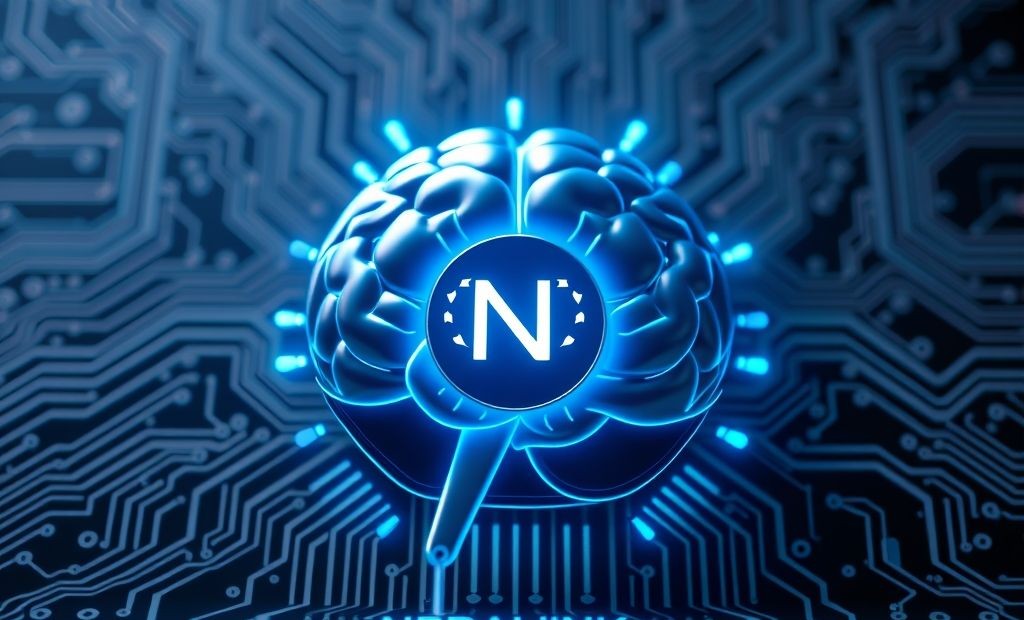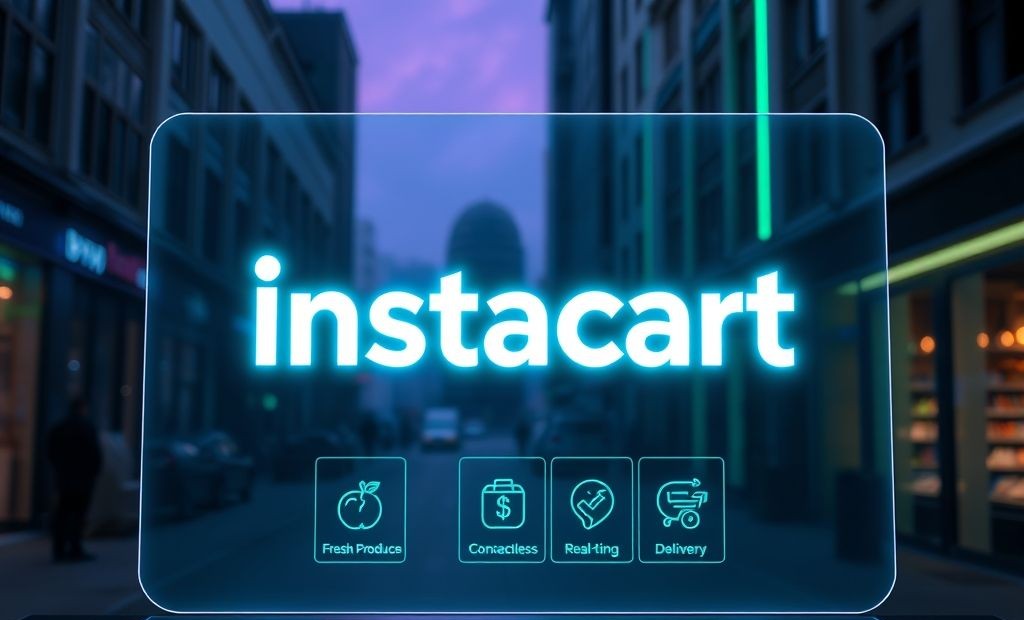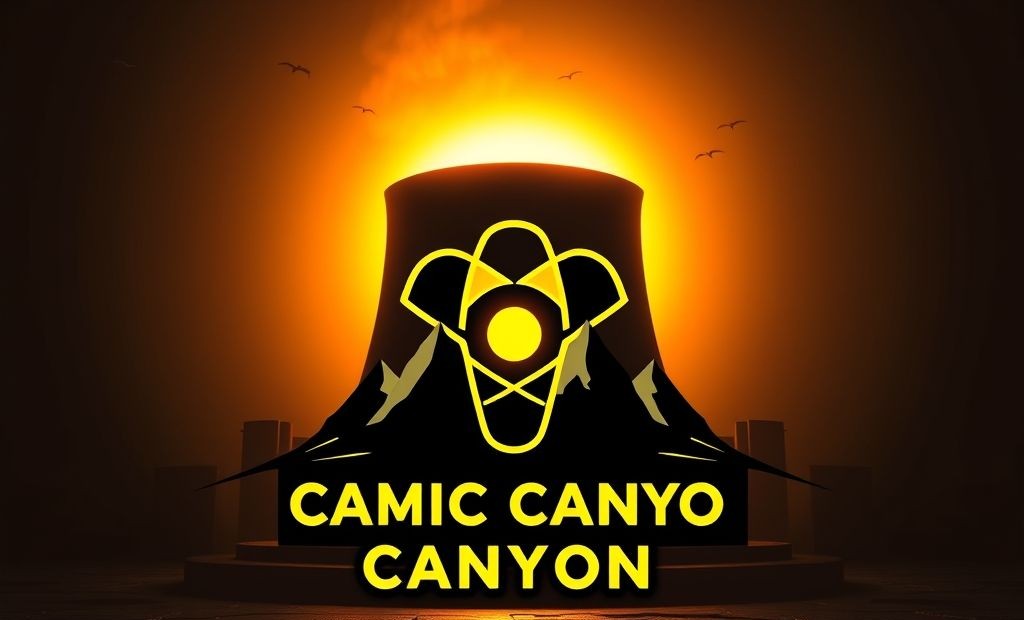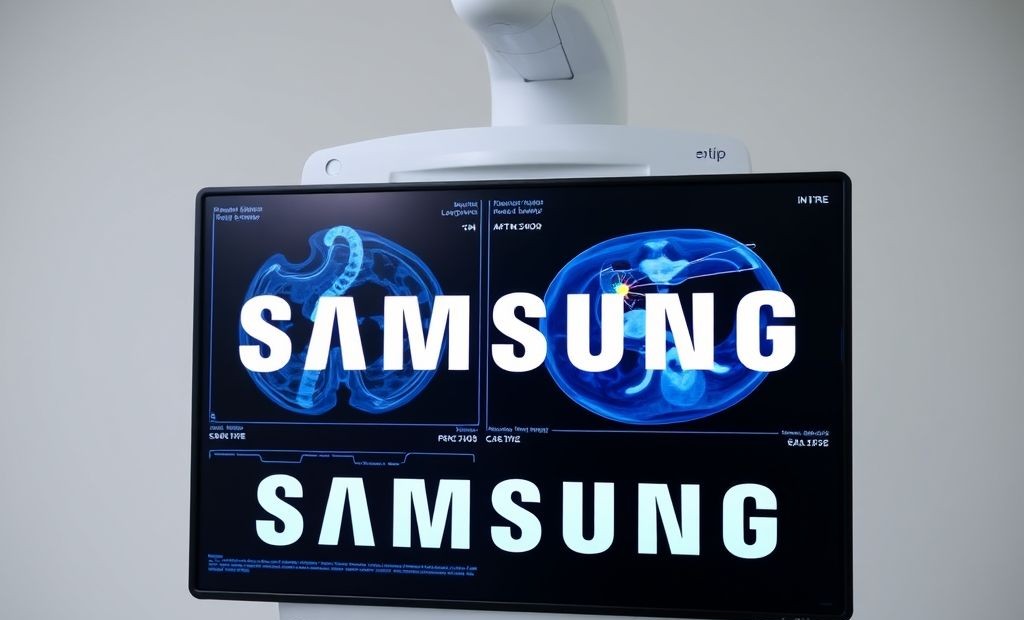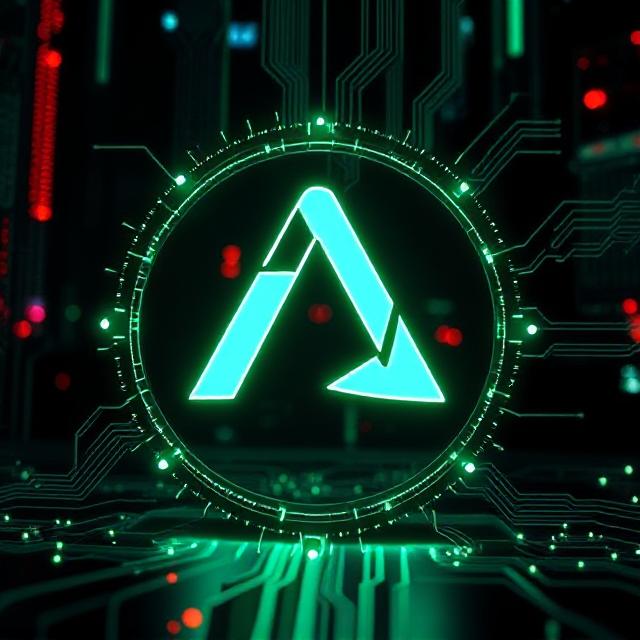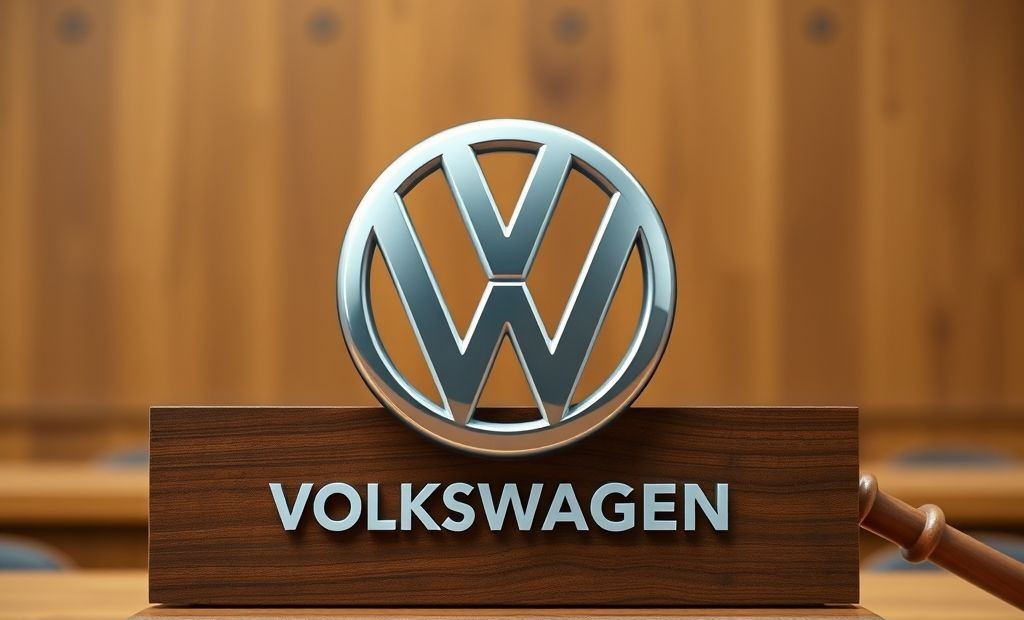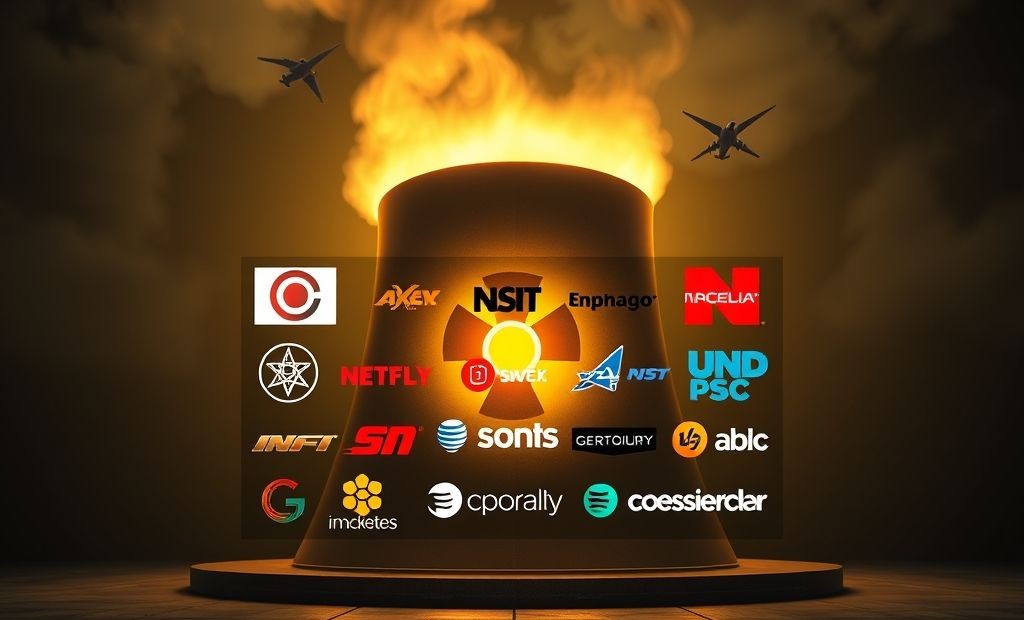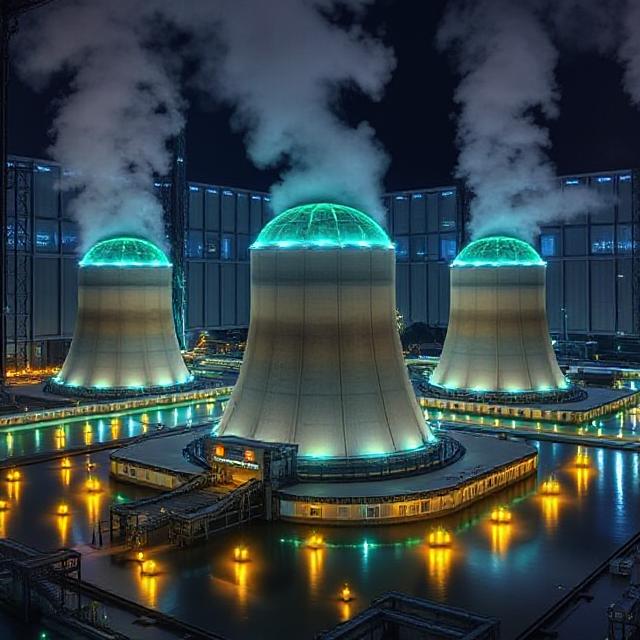Neuralink Raises $600M at $9B Valuation
Elon Musk’s Neuralink has successfully raised $600 million in a recent funding round, pushing the company’s valuation to a staggering $9 billion. This significant investment underscores the growing interest and confidence in Neuralink’s ambitious plans to develop brain-machine interfaces (BMIs). The company aims to revolutionize how we interact with technology and address neurological conditions.
What’s Driving the Investment?
Several factors contribute to the substantial valuation and investment in Neuralink:
- Innovative Technology: Neuralink is pioneering the development of high-bandwidth BMIs. This technology has the potential to treat a wide range of neurological disorders and enhance human capabilities.
- Visionary Leadership: Elon Musk’s involvement brings considerable attention and credibility to the company. His track record of innovation in other sectors like electric vehicles (Tesla) and space exploration (SpaceX) inspires confidence among investors.
- Market Potential: The market for BMIs is projected to grow significantly in the coming years, driven by advancements in neuroscience and the increasing prevalence of neurological diseases.
Neuralink’s Goals and Progress
Neuralink focuses on creating devices that can be implanted in the human brain to interface directly with neurons. The company is working towards several key goals:
- Treating Neurological Disorders: One of Neuralink’s primary objectives is to develop therapies for conditions such as paralysis, Alzheimer’s disease, and Parkinson’s disease.
- Enhancing Human Capabilities: Beyond medical applications, Neuralink envisions a future where BMIs can augment human intelligence, memory, and communication abilities.
- Human Trials: Neuralink has been conducting animal trials and is working towards initiating human trials to evaluate the safety and efficacy of its technology.
Challenges and Future Outlook
Despite the excitement surrounding Neuralink, the company faces significant challenges:
- Regulatory Hurdles: Developing and deploying BMIs requires navigating complex regulatory frameworks and obtaining approval from agencies like the FDA.
- Technological Complexity: Creating reliable and biocompatible brain implants is a technically demanding endeavor. Ensuring long-term safety and efficacy is paramount.
- Ethical Considerations: The development of BMIs raises ethical concerns about privacy, autonomy, and the potential for misuse.
The recent funding round provides Neuralink with the resources to address these challenges and accelerate its research and development efforts. As the company progresses towards human trials, the world will be watching closely to see the impact of its groundbreaking technology.

